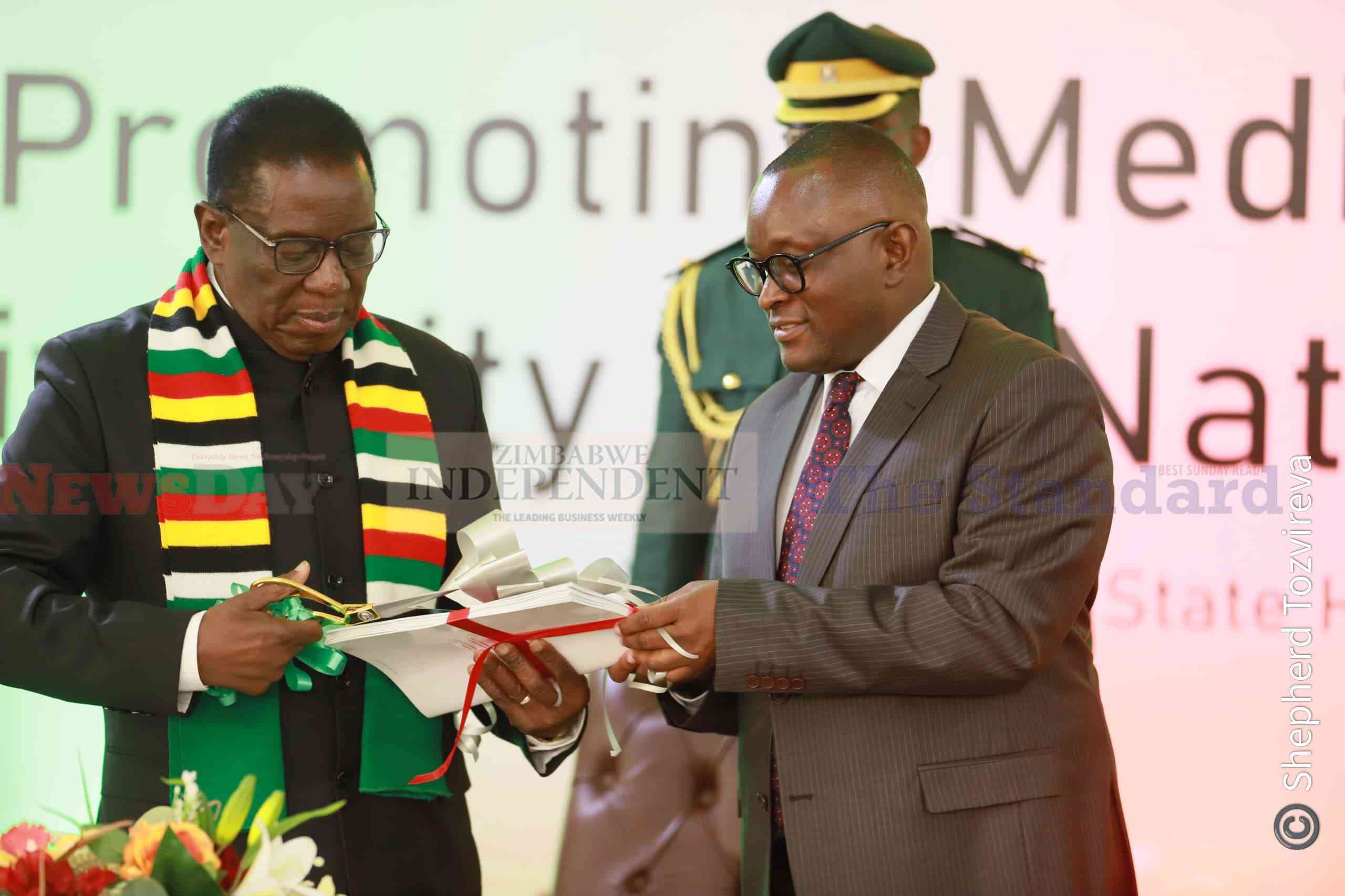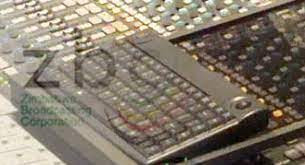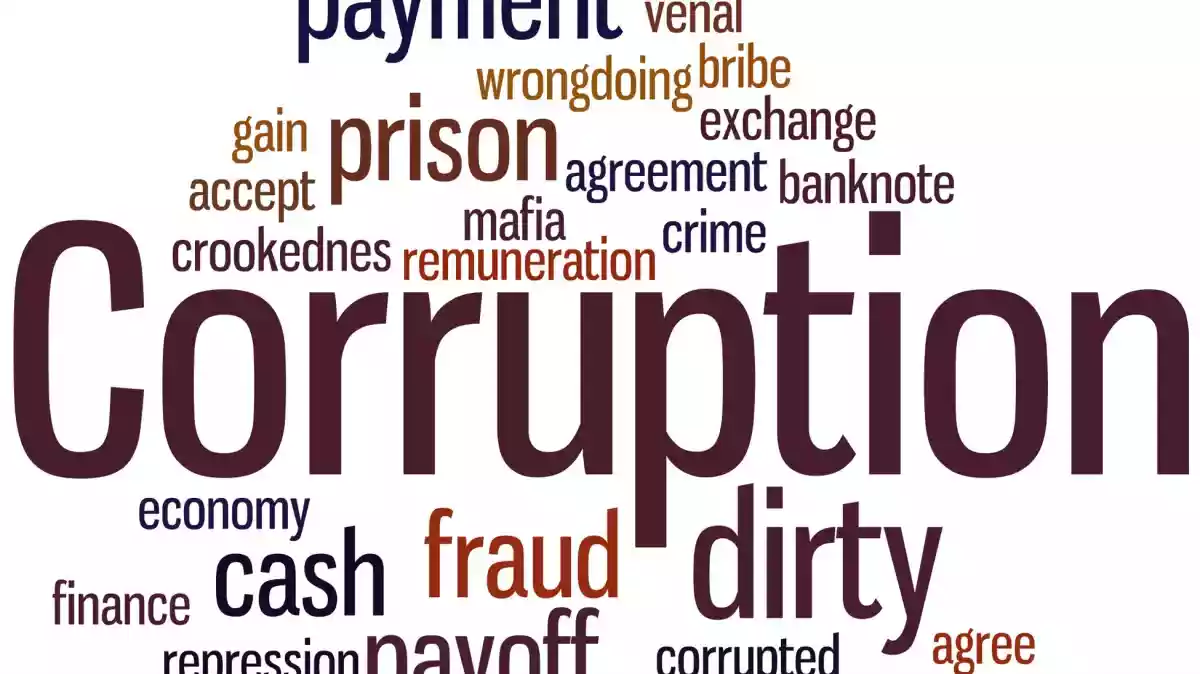
Following executive orders last week that power utility Zesa Holdings should halt its blitzkrieg on defaulting customers, many of us woke up to the realisation that the severe, long-lasting load-shedding we had thought to be a thing of the past, had returned to haunt us. Comment by Phillip Chidavaenzi
When the power cuts — which have faithfully continued since then — started, I realised it was no coincidence, especially in the context of events preceding the development.
Prior to this latest twist, the Administrative Court in Harare had nullified Zesa tariff increases effected in September 2011, technically forcing the power utility to revert to 2009 tariffs, after a successful legal challenge mounted by the Confederation of Zimbabwe Industries.
The ruling stirred so much excitement especially among hard-pressed customers sitting on huge piles of debt. It appeared as if the public interpreted the ruling to mean they were exempted from further settling of bills adding the “overpayments” made over the last year had been exhausted.
Harare Residents’ Trust (HRT) executive director Precious Shumba was quoted saying: “To the residents, the nullification of the rates which were introduced in September 2011 means that Zesa has to recalculate the bills that were overcharged and credit the accounts of residents that were affected.
If, for any reason, Zesa fails to implement the Administrative Court’s decision, then the HRT will have no option, but to take the matter to the courts seeking legal redress.
Alternatively, being the most popular route for residents, widespread demonstrations targeting Zesa will be undertaken with the objective of forcing Zesa Holdings to comply with the law.”
Quickly noting the danger associated with having their money supply choked, the Zimbabwe Electricity Distribution and Transmission Company (ZEDTC) quickly placed media notices in which they appealed to their customers to continue settling their bills.
- Chamisa under fire over US$120K donation
- Mavhunga puts DeMbare into Chibuku quarterfinals
- Pension funds bet on Cabora Bassa oilfields
- Councils defy govt fire tender directive
Keep Reading
Perhaps realising the futility of their desperate pleas, they have already started implementing threats of the consequences of scaling down their operations.
There is need for a balance to be struck while juggling the power company’s exorbitant charges, affordability of power as well as the supply of the same.
The major bone of contention has been that while Zesa has been “estimating” high bills, the supply of the power, in the context of load-shedding, has left an awful lot to be desired. Zesa is a commercial enterprise.
We cannot fool ourselves that they are there to offer a service at no cost. It is quite surprising that government would endorse the Administrative Court ruling and bar Zesa from discontinuing supplies to defaulters without having sat down to discuss the matter with the power supplier.
True, electricity is a basic need whose shortage has for years now reduced most urban areas into some kind of semi-rural areas, if not worse, given that now there is rural electrification. What is worrying, against this backdrop, is that there could be a political dimension to the matter.
With elections scheduled for March next year, if President Robert Mugabe’s predictions come true, then it cannot be ruled out that government’s endorsement of the Administrative Court’s ruling has a political hue.
With the way the Zanu PF component of the shaky Government of National Unity (GNU) is itching for elections, desperate to get out of the GNU where accountability is often demanded of them, they will do all it takes to win the hearts of the electorate.
And why not throw their weight behind “the people” in the war against Zesa? This can be part of a multi-pronged approach to appeal to the electorate burdened with Zesa bills by repackaging itself as a party of “the people”.
Zesa Holdings has since indicated that it might be forced to scale down operations owing to crippling financial problems brought about by the government directive.
We all know that Zimbabwe is not capacitated to produce all its power requirements, but has to import the balance, something that requires a healthy dosage of financial injection into its coffers. There is no doubt whatsoever that Zesa’s ambitious roll-out of the prepaid meter installation programme will go a long way in ensuring that customers pay for their power while self-managing their consumption.
The success of this project can only be guaranteed if there is adequate funding. So far, Zesa has installed 30 000 prepaid meters and were hoping that by the end of this month, they would have installed 50 000 meters.
Understandably, Zesa requires a healthy bank balance to replace ageing equipment — most of which have outlived its lifespan of 25 years — that has also contributed to power outages.
But I will agree with Energy and Power Development minister Elton Mangoma that instead of playing to the gallery, the power utility should have tabled the matter with the minister first.
pchidavaenzi@newsday.co.zw











